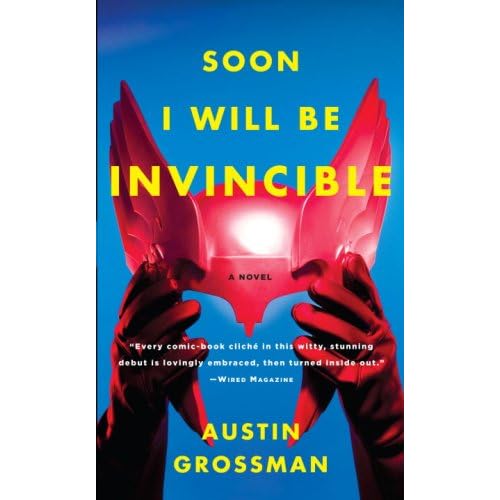The "Gaia hypothesis," which has been seized upon by some new-age and other nature-based spiritual groups, has little to say itself about the Earth being an organism. Wikipedia's summary says:
The Gaia hypothesis is an ecological hypothesis proposing that the biosphere and the physical components of the Earth (atmosphere, cryosphere, hydrosphere and lithosphere) are closely integrated to form a complex interacting system that maintains the climatic and biogeochemical conditions on Earth in a preferred homeostasis.Basically, that the planet is a self-correcting system. So the science does not, at least in this case, go so far as to say that Earth is a single "organism."
But I do think earth-as-body is a great metaphor.
In my previous post, I talked about the problem of hierarchical submission. It seems clear to that one of the real values of a religious/spiritual approach to things, is that it gives a structure within which one can say both, "it's not about me," and, "it's not all my responsibility." Christians seek not to sin, but are forgiven their sins. "Islam" itself means "submission" to the will of Allah. And I do believe this is a very very useful thing to have in one's life. We don't "do it all" ourselves, and pretending we ought to only makes us insane.
But, the models we have for this submission in Abrahamic traditions come out of a social structure in which there are lords and there are servants. And God, in this context, is seen as "Lord of All." I would argue the model went from the human structure to the perceived divine structure; others will probably argue it went the other way. I do not believe we have the ability to view God objectively and clearly enough, beyond our own life context, to say whether God "really" is king or not. But I can say that Kings make a lot less sense to those of us who live in a democracy that overthrew kingly rule 225+ years ago, and a potentially even more twisted meaning in a Europe or Japan where the role is largely ceremonial. God is a figurehead? I don't think that's what was meant.
So. Is it possible for those of us who work within an egalitarian idea of humanity, to come up with an analagous model that also includes "egalitarian submission"?
This is why I like Gaia. One submits to Gaia not as a slave before his/her master, but as a cell before the body. We are part of this whole, not ruled from outside by it.
The only trouble is the whole Mother Nature thing. It is easy to personify Gaia, and I continue to not buy it. The analogy of ourseves as cells in a global "body" implies by analogy that there's a global cerebellum, a "mind" running the show. And while I can believe some sort of global or universal organization, the idea that it has a language center seems like projection to me.
I'll be the first to admit that it is terrifying to think about submitting to a "mindless machine" or a "mindless beast." But how much of that terror is based our the habit of thinking about all our own actions as "intentional." How much of what we human organisms do is actually cerebellum-directed? We use our cerebellums in large part as tools to get out of mindlessness's way (I had a nightmare last night about tornadoes, and finding ways to get all my elderly friends under heavy, fixed objects).
I think the biggest block is that we think of that cerebellum-self as running the show within ourselves, and we want an equivalent cerebellum running The Big Show. I would suggest that, in the egalitarian spirit that started this whole thing off, we recognize that our cerebellum is a part of us, that is provides leadership where leadership is needed, but that it doesn't have to lead like a Lord or King. What does cerebellum-as-clerk look like?
And our role in the world then doesn't have to be a choice between humanity-as-king or humanity-as-follower-of-the-World-King. What does humanity-as-clerk look like? What is our role as a species? Do species have "roles"? And what about cartographers?

